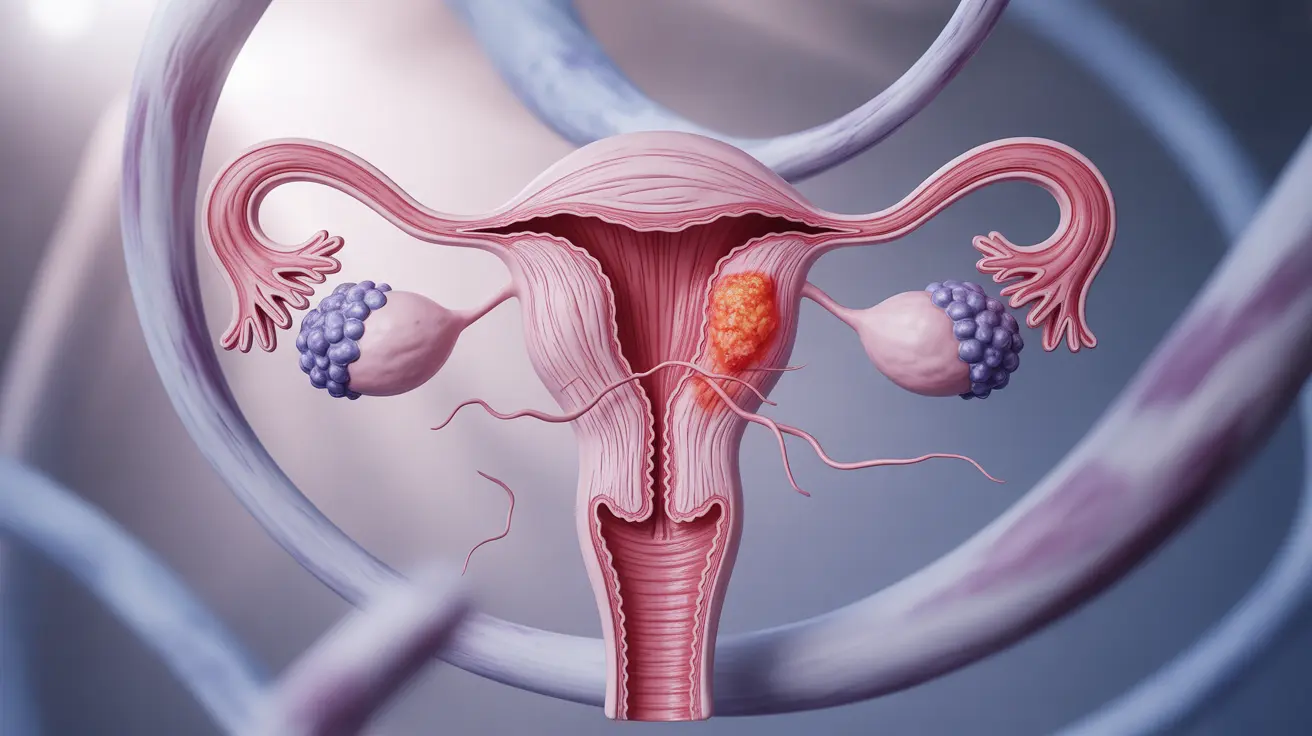Understanding low progesterone symptoms is crucial for women's reproductive and overall health. Progesterone, a vital female hormone, plays essential roles in menstruation, fertility, and maintaining pregnancy. When levels drop below normal, various physical and emotional symptoms can emerge, affecting quality of life and reproductive function.
This comprehensive guide explores the key signs of low progesterone, its effects on women's health, and available treatment options to help you better understand and address this common hormonal imbalance.
Common Signs and Symptoms of Low Progesterone
Low progesterone can manifest through various symptoms that may affect different aspects of a woman's health. Understanding these signs is crucial for early detection and treatment.
Menstrual Cycle Changes
One of the most noticeable indicators of low progesterone includes irregular or abnormal menstrual cycles. Women may experience:
- Spotting between periods
- Short menstrual cycles (less than 24 days)
- Heavy menstrual bleeding
- Irregular periods
Fertility and Pregnancy Concerns
Low progesterone levels can significantly impact fertility and pregnancy outcomes. Common issues include:
- Difficulty conceiving
- Recurrent early miscarriages
- Luteal phase defect
- Pregnancy complications
Mood and Mental Health Effects
Hormonal imbalances often affect emotional well-being, leading to:
- Anxiety and depression
- Mood swings
- Irritability
- Difficulty concentrating
Physical Manifestations and Discomfort
Sleep Disturbances
Many women with low progesterone experience sleep-related issues, including:
- Insomnia
- Night sweats
- Restless sleep
- Difficulty staying asleep
Physical Symptoms
Additional physical manifestations may include:
- Headaches and migraines
- Hot flashes
- Weight gain
- Breast tenderness
- Fatigue
Treatment Options and Management
Medical Interventions
Several medical treatments are available to address low progesterone levels:
- Progesterone supplements (oral or vaginal)
- Bioidentical hormone therapy
- Prescription medications
- Injectable progesterone
Lifestyle Modifications
Natural approaches to supporting healthy progesterone levels include:
- Regular exercise
- Stress management techniques
- Balanced nutrition
- Adequate sleep
- Maintaining a healthy weight
Natural Support Strategies
Several lifestyle changes can help support healthy progesterone levels naturally:
- Including vitamin B6-rich foods in your diet
- Consuming adequate healthy fats
- Reducing exposure to environmental toxins
- Practicing stress-reduction techniques
- Getting regular moderate exercise
Frequently Asked Questions
What are the common symptoms of low progesterone in women?
Common symptoms include irregular periods, spotting between periods, mood swings, anxiety, difficulty sleeping, headaches, and fertility issues. Women may also experience breast tenderness, weight gain, and hot flashes.
How does low progesterone affect menstrual cycles and fertility?
Low progesterone can lead to irregular or short menstrual cycles, heavy bleeding, and difficulty maintaining pregnancy. It may cause luteal phase defects and increase the risk of early miscarriage.
What treatment options are available for low progesterone levels?
Treatment options include progesterone supplements (oral, vaginal, or injectable), bioidentical hormone therapy, and lifestyle modifications. The appropriate treatment depends on individual circumstances and should be determined by a healthcare provider.
Can low progesterone cause mood swings, headaches, or sleep problems?
Yes, low progesterone can significantly impact mood, causing anxiety, depression, and irritability. It may also lead to headaches, sleep disturbances, and night sweats.
How can lifestyle changes help manage symptoms of low progesterone?
Lifestyle modifications such as regular exercise, stress management, proper nutrition, and adequate sleep can help support healthy progesterone levels. Maintaining a healthy weight and reducing exposure to environmental toxins may also be beneficial.




